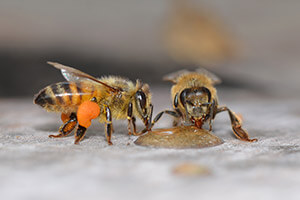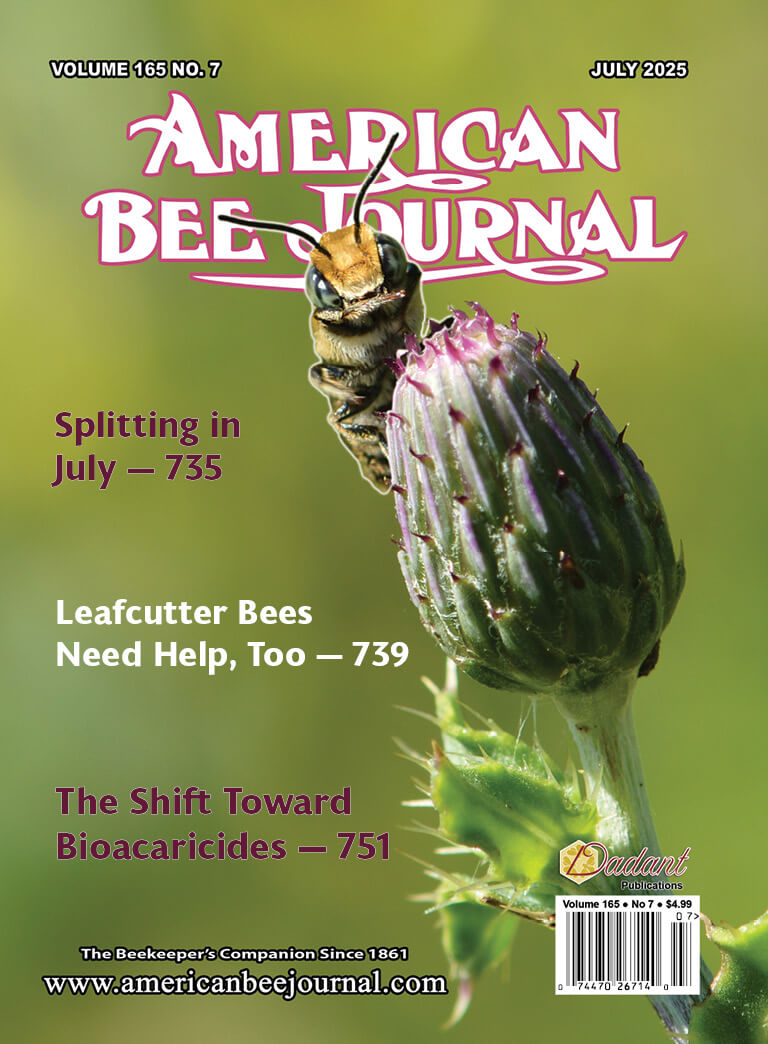
I travel quite a bit, giving lectures about bees to various interested groups. One of the lectures that gets requested of me quite often is the one that I give on superorganisms. This is a topic that I have found quite interesting myself, after being introduced to it about 15 or so years ago. At that time, I was a PhD student in South Africa, studying small hive beetles. My wife was there with me, working on her MS degree. Her undergraduate was in wildlife biology. So, she pursued a MS degree in zoology while with me in South Africa. She since acquired her PhD in entomology, with honey bees no less.
South Africa is a former British colony so its citizens travel on the left side of the road. They also primarily use manual transmissions, or stick shifts, something that I can drive but that my wife cannot. Consequently, I had to drive my wife to her field stations since she refused to learn to drive a manual on the left side of the road. I cannot say this was a bad thing. My wife conducted all of her research on a five star game reserve that had all of the big five, plus some (we, in fact, almost got eaten by one of the big five – maybe I will share that story someday).
On these numerous trips, I would take books on bees and social insects with me to the field so that I could keep occupied while my wife sat beside me counting individuals of various antelope species as they crossed her research transects. These books were fascinating to me and opened my eyes to new information on honey bees. I had been a beekeeper since I was 12 so I knew quite a bit about the practical side of bees. However, I did not have knowledge of the type of information that I was reading in the books I had acquired. That period in my life was one of great intellectual exploration and discovery for me.
One of the books that changed my view of honey bees was written by Robin Moritz and Edward Southwick in 1992. Their book, Bees as Superorganisms, explored a topic that was foreign to me at the time but has since shaped the way that I think about bees. The book is a bit heady as it was written for scientists, but it is full of amazing information for those who are willing to wade through the science. As a side note, this book gave me such a great appreciation for Robin and the work he does that I am spending a six month sabbatical in his laboratory in Halle, Germany from September 2015 – March 2016 (I even wrote this article from Germany).
Shortly after completing my PhD and a subsequent postdoc, another book on bees as superorganisms was published by Jürgen Tautz (Tautz 2008). I read this book with equal fascination and it strengthened my subscription to the theory. I think this book is a reasonable read for most people. It also comes with the added benefit that it has, what I believe to be, the best pictures of any book in print about honey bees. I think this book provides a useful summary of the superorganism concept. Collectively, the Moritz/Southwick and Tautz books inspired me to develop a presentation, and now this article, on superorganisms.
I often start my lecture on this concept by asking the audience what they know about bees. Of course, the answers that come back to me vary, depending on the audience. Beekeepers’ answers, understandably, are more complete and have greater depth. However, as you might imagine, the general public typically says the same basic things about honey bees. I list those in no particular order below.
Honey bees make honey.|
Honey bees sting.
Honey is bee “barf.”
Honey bees pollinate crops.
Because honey bees pollinate crops, we get to enjoy fruits, nuts, vegetables, etc.
Honey bees communicate by dancing.
African “killer” bees are honey bees.
Worker honey bees typically can sting only once and usually die as a result.
Honey bee colonies can contain up to 60,000 individual bees.
I am sure this list is not complete. However, I suspect that it covers most of the limit of what non-beekeepers know about honey bees. Of course, I could go down the list and expand on these topics, or even point out some of the flaws, but I really want to …


